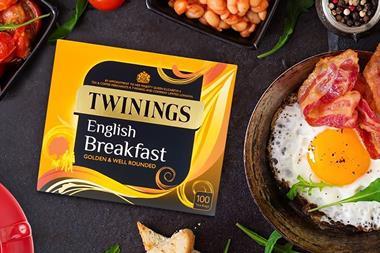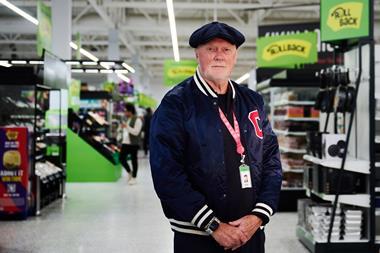
Associated British Foods is considering separating Primark from the rest of its food businesses as part of a strategic overhaul.
The group, which owns Twinings, British Sugar, and Kingsmill, said the review is being done in consultation with its largest shareholder, Wittington Investments, “which remains committed to maintaining majority ownership of both businesses”.
Wittington Investment owns 59% of ABF and is the holding company for the Weston family’s food and retail businesses.
ABF CEO George Weston said the food business is historically less well understood by financial markets than Primark “yet it has a highly attractive portfolio, deep global expertise and much potential”.
The announcement comes after a tough year for the FTSE-listed group in which operating profits fell 23% to £1.5bn and revenue dropped 3% to £19.5bn in the year to 13 September.
This was led by its sugar business, which fell £205m into the red as it recognised £161m in impairment costs, primarily due to the shuttering of facilities in Spain. It also blamed persistently low European sugar prices and the high cost of beet in the previous year.
ABF also closed its Vivergo bioethanol plant in Yorkshire this year due to “the UK government’s decision not to provide the regulatory and financial solution required for Vivergo to operate on a consistently profitable basis”.
It was part of some major changes for ABF in the last 12 months, such as a £75m buyout of Hovis in August and the closure of its Ryvita factory in Bardney.
Its grocery business saw profits down 14% due to falling sales at Allied Bakeries, Silver Spoon, and its US oils business.
Twinings delivered volume-led sales growth in most markets, including the UK, France and the US, while Ovaltine boosted revenue despite higher cocoa costs negatively impacting volumes.
Primark – which makes up around half the group’s sales – grew revenue by 1% although this was primarily due to new store openings with like-for-like sales falling 2.3% in the year. Its operating profits were up 2%.
ABF expects profits to grow again next year, although CEO George Weston acknowledged “much depends on the consumer environment, which is particularly unpredictable at the moment”.
“This was a year of intense strategic and operational activity within ABF. Most of our businesses delivered robust financial results while navigating a challenging external backdrop.”



















No comments yet